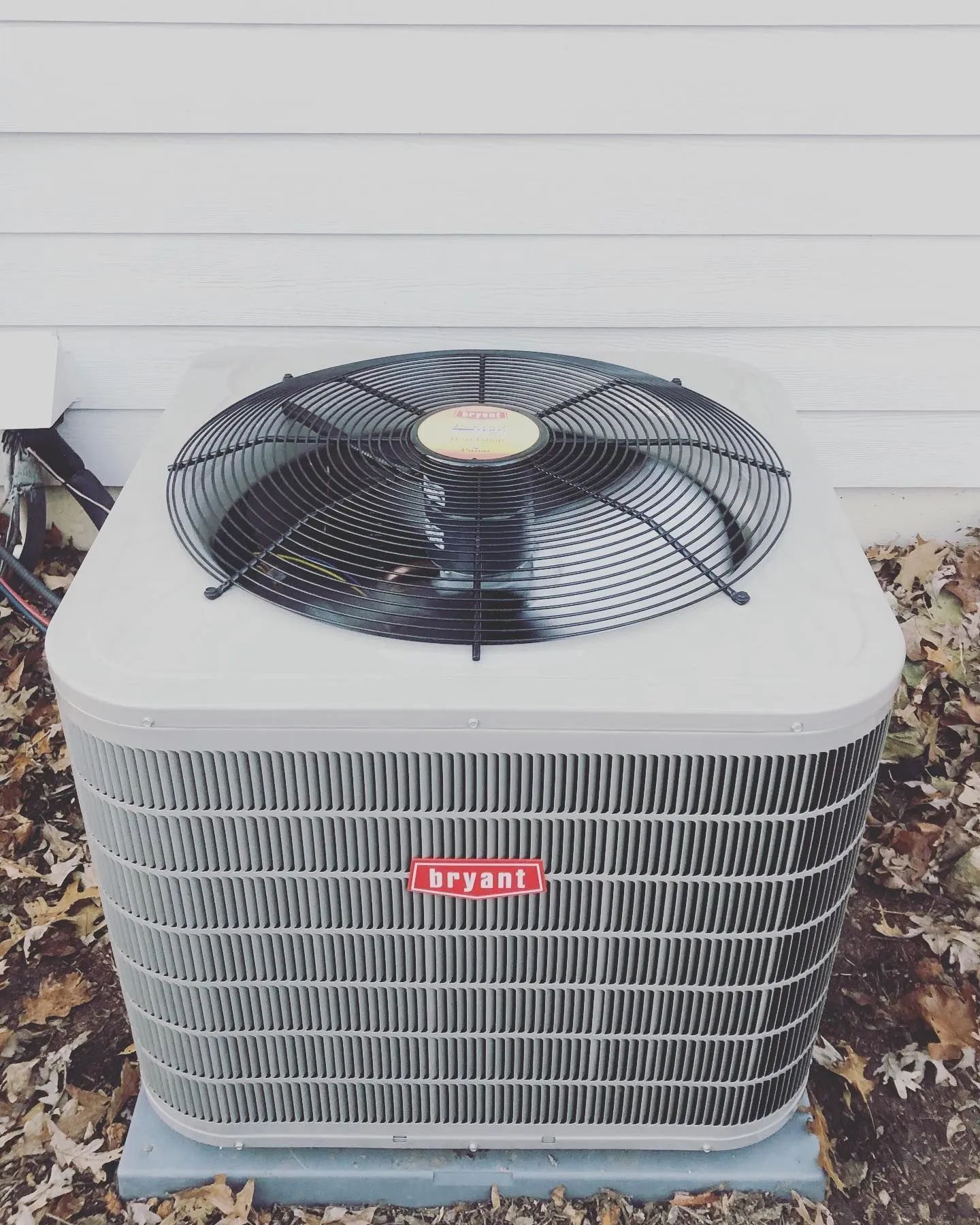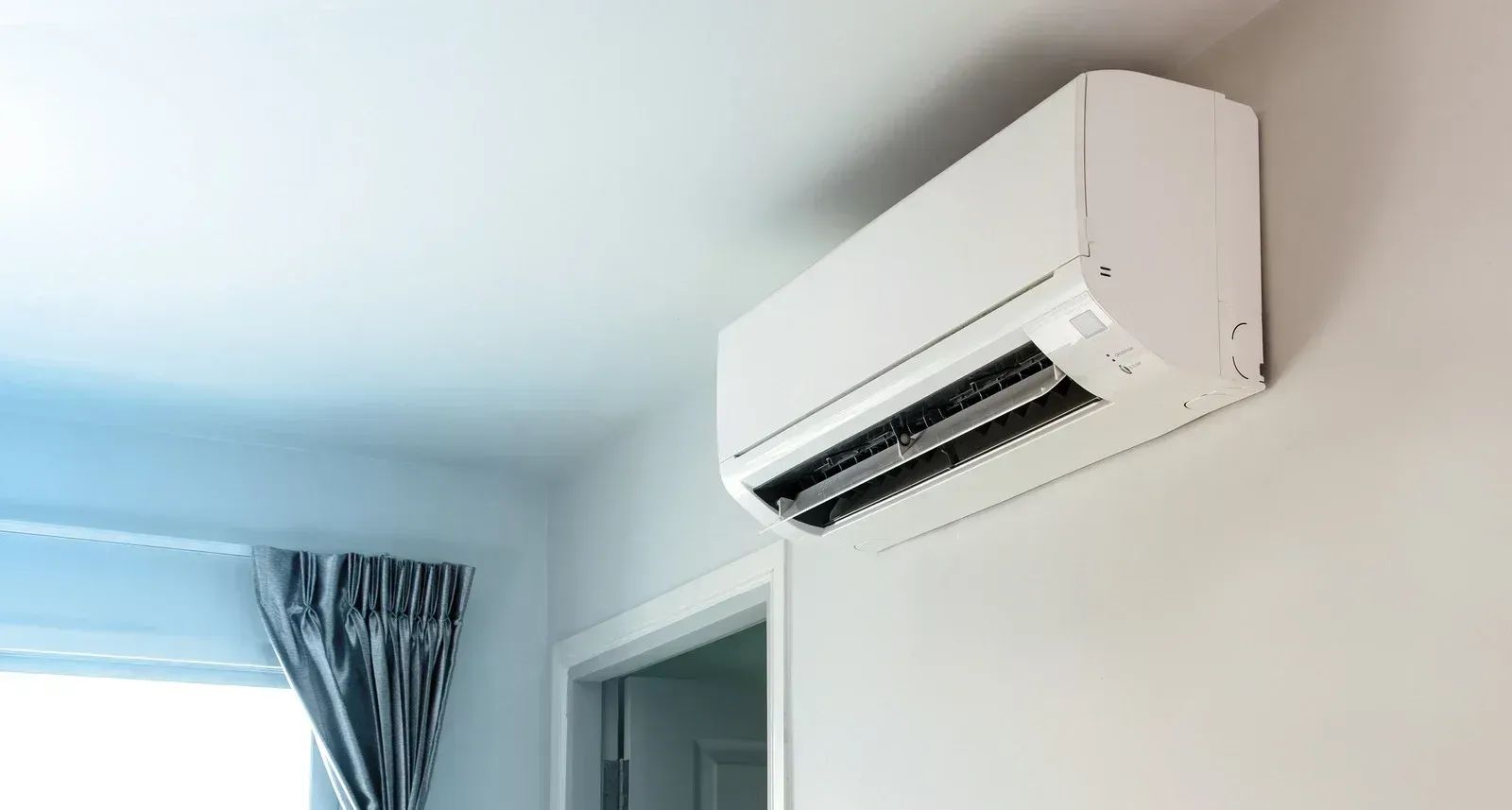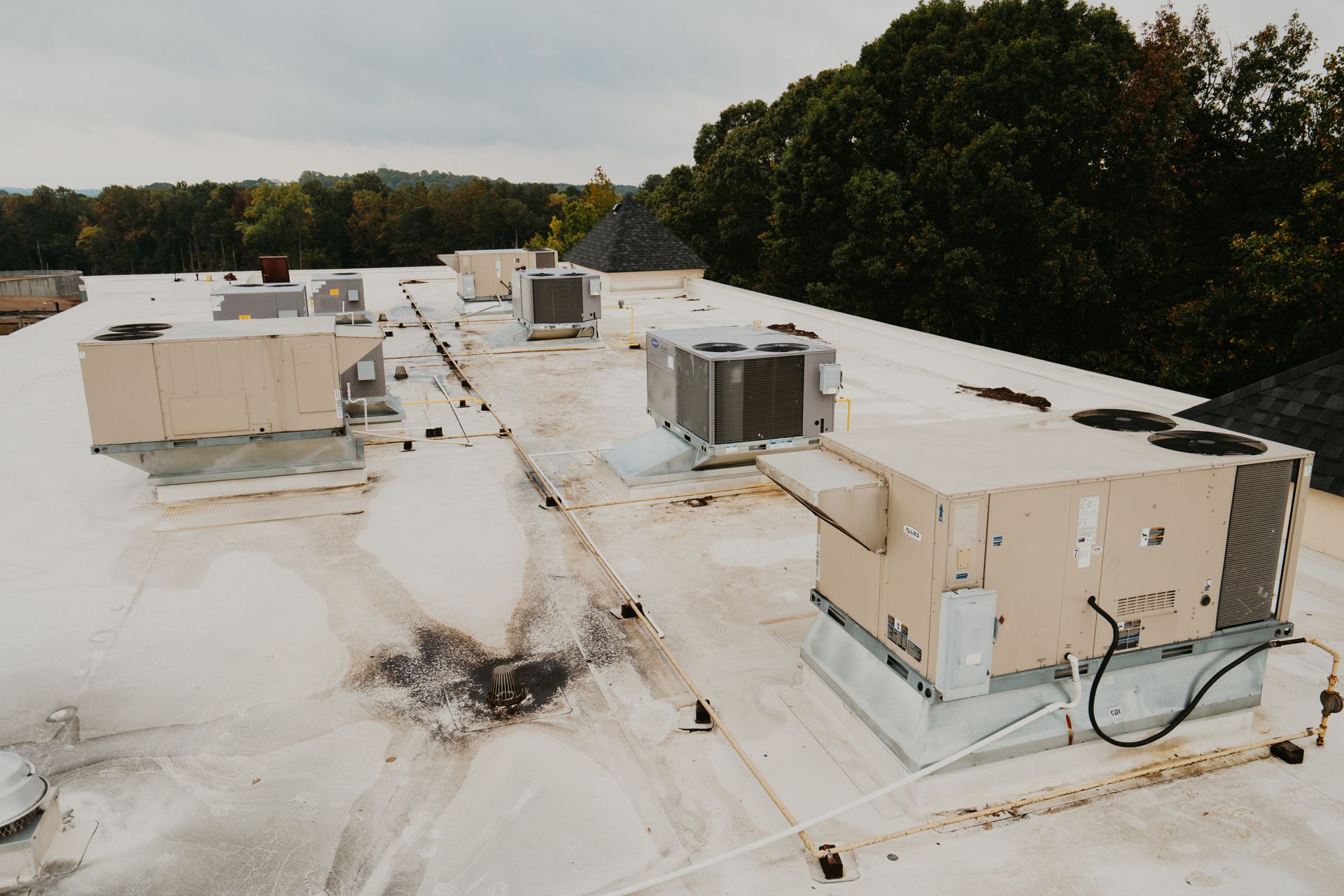When to Replace Your HVAC System vs. Repairing It
October 6, 2025

Your HVAC system is one of the most critical components of your home, keeping you comfortable year-round. However, like any major appliance, it doesn’t last forever. Over time, inefficiencies, frequent breakdowns, and rising energy bills can signal that your system may need attention. Deciding whether to repair or replace your HVAC system can be a challenging choice. Making the wrong decision could lead to unnecessary costs or discomfort. Understanding the signs, costs, and lifespan of your system will help you make an informed choice and ensure your home remains a haven of comfort.
1. Age of Your HVAC System
The average lifespan of a central air conditioner is around 12–15 years, while a furnace can last 15–20 years. If your system is approaching or has already exceeded this age, replacement may be a more cost-effective solution than repeated repairs. Older systems often lose efficiency and require expensive parts that may no longer be readily available. Additionally, technology improvements in newer units offer better temperature control and quieter operation, making replacement a more attractive long-term option.
2. Frequency of Repairs
A system that needs frequent repairs is a strong indicator that replacement should be considered. If you find yourself calling a technician multiple times a year, the repair costs can quickly add up. A new system may offer greater reliability and lower ongoing maintenance expenses. Frequent breakdowns also increase the risk of sudden system failure, which can be especially inconvenient during extreme weather conditions.
3. Energy Efficiency and Performance
Older HVAC systems are typically less energy-efficient than modern units. If you notice your energy bills rising despite regular maintenance, it may be a sign that your system is struggling to operate efficiently. Newer systems often come with higher SEER ratings and advanced features that reduce energy consumption and improve overall performance. Upgrading to a high-efficiency system not only saves money on monthly utility bills but also reduces your home’s environmental footprint.
4. Comfort Levels and Air Quality
Inconsistent temperatures, poor airflow, and declining indoor air quality are signs that your HVAC system may no longer be performing optimally. Repairs may temporarily address these issues, but a replacement ensures long-term comfort and healthier air for your home. Modern HVAC systems often include advanced filtration and humidity control, improving overall indoor air quality and creating a more comfortable living environment.
5. Cost Comparison
Consider the cost of repairing versus replacing your system. As a rule of thumb, if repairs exceed 50% of the cost of a new system, replacement is generally the smarter choice. Long-term savings on energy bills and fewer emergency repairs often justify the initial investment in a new HVAC system. Additionally, new installations often come with warranties, offering peace of mind and reducing unexpected future expenses.
Trust Georgia Air Control, LLC for Expert HVAC Guidance
Deciding between repairing and replacing your HVAC system is a crucial choice that affects both your comfort and finances. By considering factors such as age, repair frequency, efficiency, and performance, you can make an informed decision that ensures a reliable home climate control system. At Georgia Air Control, LLC, we bring 15 years of experience serving homeowners in Gainesville, Georgia, with expert HVAC advice, installations, and repairs. Our team carefully evaluates your system, recommending solutions that save money and enhance comfort. Trust us to help your home stay cool in summer and warm in winter with dependable, professional service.





